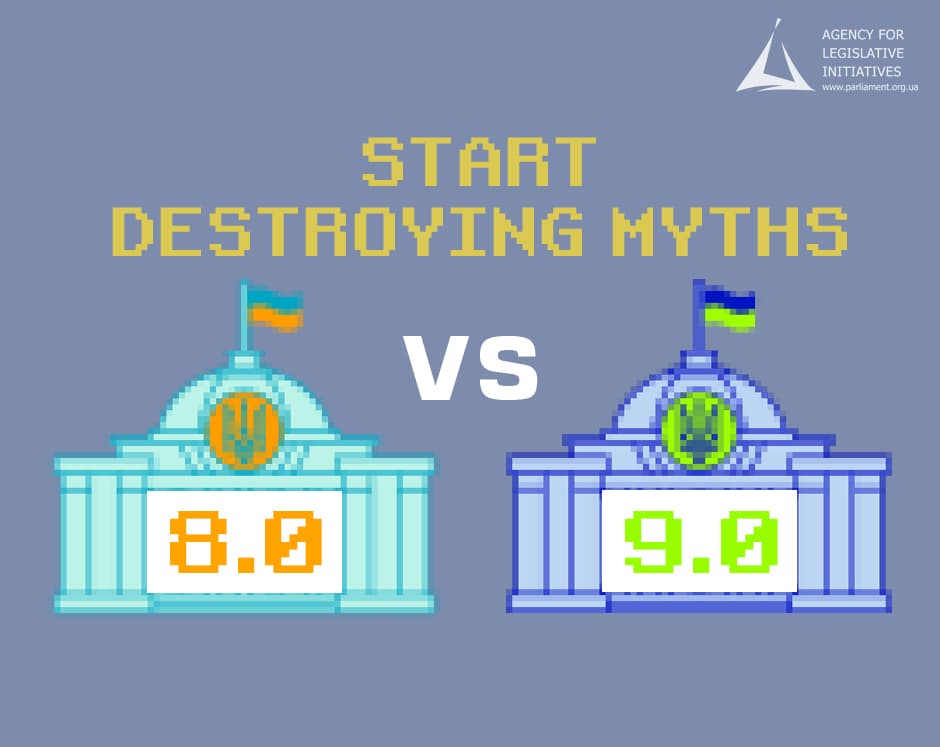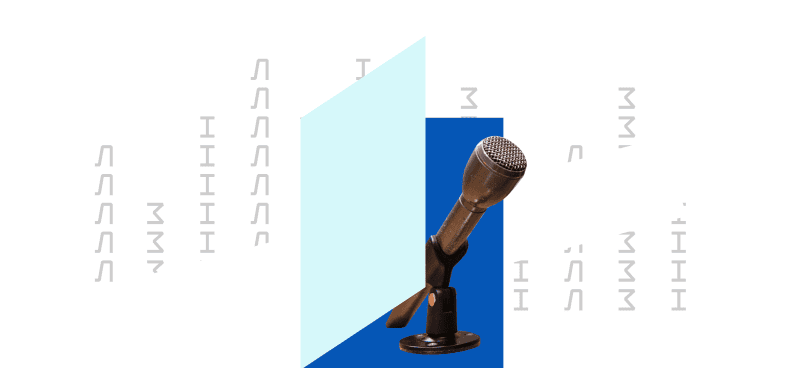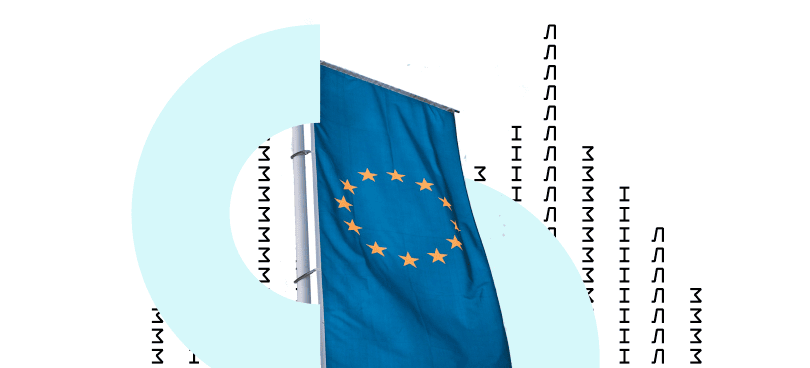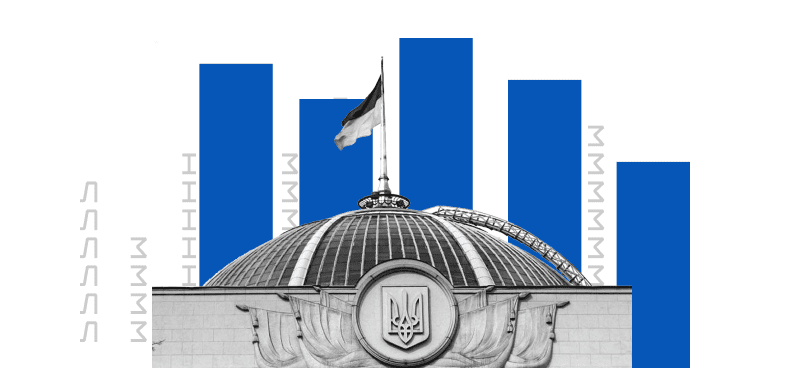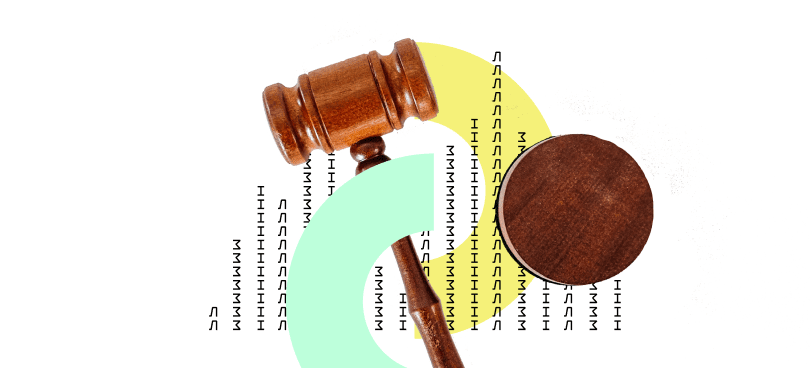The Verkhovna Rada’s vacation is a time for reflection on the work of the parliament. We are ready to share the first results of the comparison of the activities of the VRU of sample 8.0 and 9.0.
What do we know now?
First, the “turbo mode” really was not so turbo. During the period of 1-2 sessions of the IX convocation (from 29.08.2019 to 17.01.2020), a total of 155 laws were adopted. For comparison, for the same calendar period of the VIII convocation (from 27.11.2014 to 24.04.2015) MPs managed to pass not much less – 140 laws. At the same time, as is known, there was no single-faction majority in the parliament of the VIII convocation, and the first few weeks were spent on forming a coalition. As a result, during the first session, which lasted about two months, the VIII convocation managed to pass only 26 laws.
Secondly, if it seemed to you that the MPs of the ninth convocation were abusing the practice of passing laws in the first reading and in general, then this is also not true. Only 41 laws out of 155 (or 26.45%) were adopted in total in the first reading. At the same time, MPs of the VIII convocation passed as many as 87 out of 140 laws (or 62.14%) in the first reading and in general.
However, the ninth convocation had a slightly different trend: 71 out of 114 laws passed in the second reading (or 62.28%) were preparing for the second reading with reduced preparation time. There were only 9 out of 53 (or 16.98%) of such laws in the VIII convocation.
Which of these practices leads to the adoption of better laws? The short answer is none. However, the allocation of even a short time for additional elaboration of the bills makes it possible to consider the remarks made by both the Main Scientific and Expert Department and other parliamentary stakeholders. And let’s take into account that in the ninth convocation was introduced a rather interesting practice of registering alternative laws to process the conclusions of the Main Scientific Expert Department. It turns out that the new convocation at high speed does not cease to care about the laws’ quality.
Third, in the parliament of the ninth convocation, the number of mandatory accompanying documents available in the cards of draft laws has significantly increased. In particular, it is about the presence on the Verkhovna Rada’s website of the conclusions of the European integration (for 49 laws adopted in total), anti-corruption (66), and budget (34) committees. At the same time, for the laws adopted for the same period in the VIII convocation of laws, these figures were much lower: the conclusions of the European Integration Committee were available on the site for 2 laws, anti-corruption – for 38, budget – 0. It’s not necessarily that the new Verkhovna Rada has started to work much more transparently, as improving the work of the committees has been underway for the past 10 years. It is possible, though, that the current data result from considerable previous efforts (including during the VIII convocation). Still, the fact remains: the conclusions available in the maps of the bills have become much more available.
Fourth, the most erroneous practice of the IX convocation, as expected from the results of our previous monitoring, was a violation of the rules regarding compliance with deadlines for MPs to read the accompanying documents and, in fact, the availability of mandatory supporting documents (including comparative tables to the second reading). In total, 144 out of 150 laws (or 92.9%) were passed with such violations (primarily in terms of deadlines). However, it should not be attributed to the same “turbo mode”, because the MPs of the VIII convocation were not far behind their colleagues in similar violations. Thus, with the same violation for the same period, MPs from the previous convocation passed 123 out of 140 laws (or 87.86%).
The only intermediate, for now, is that not everything is what it seems, especially from TV screens.

